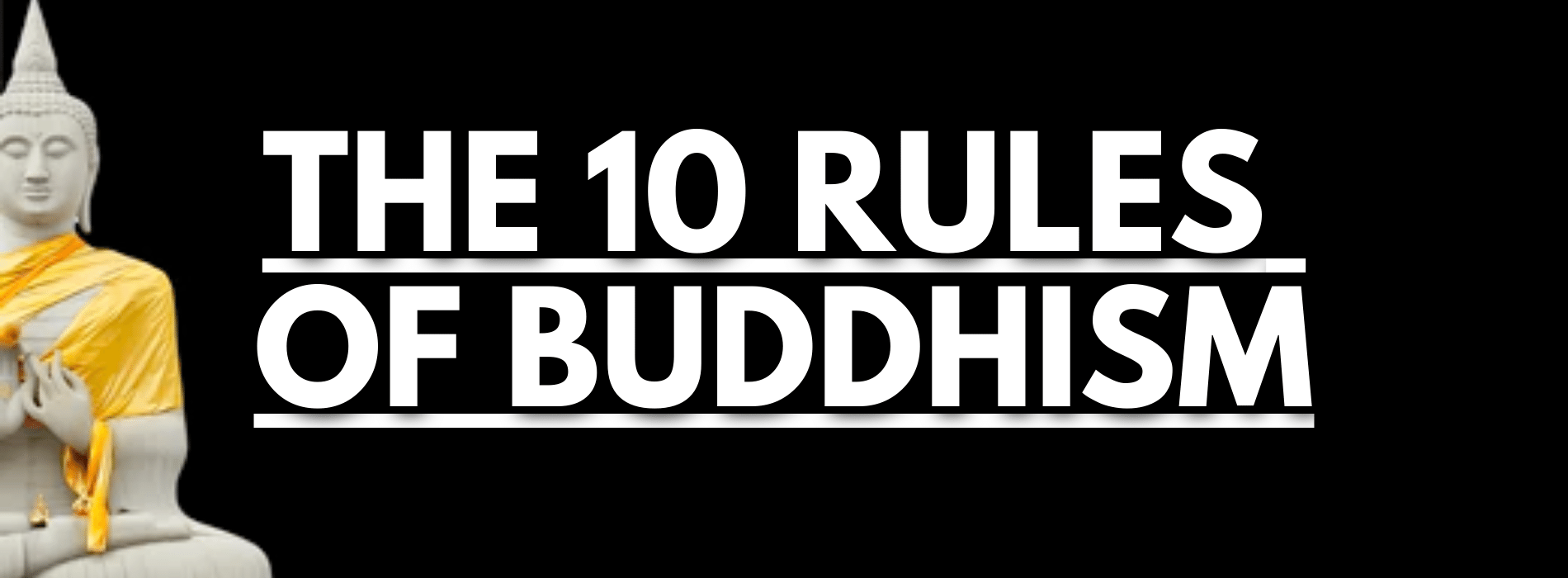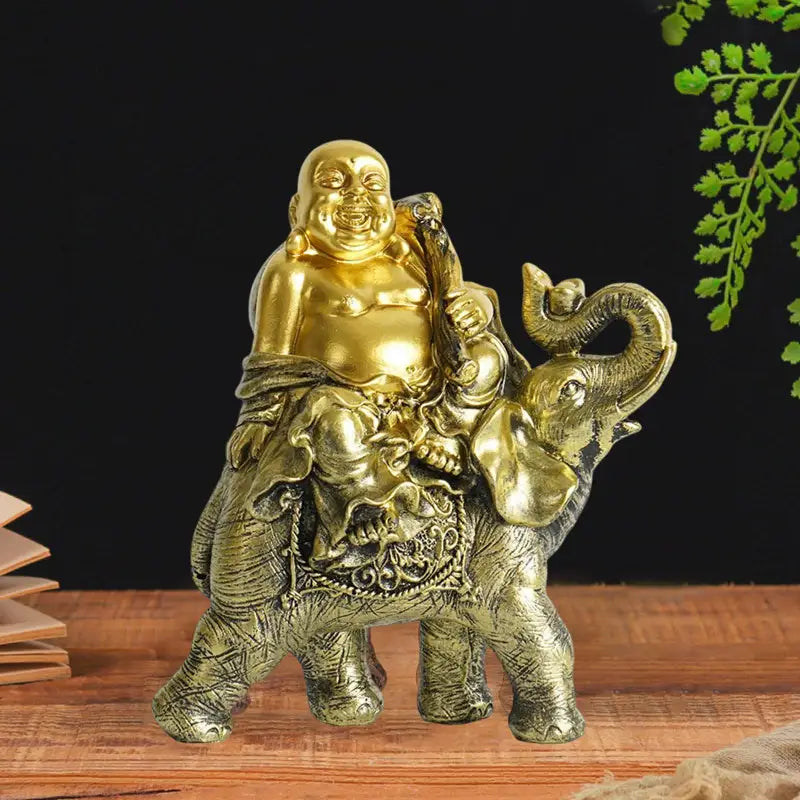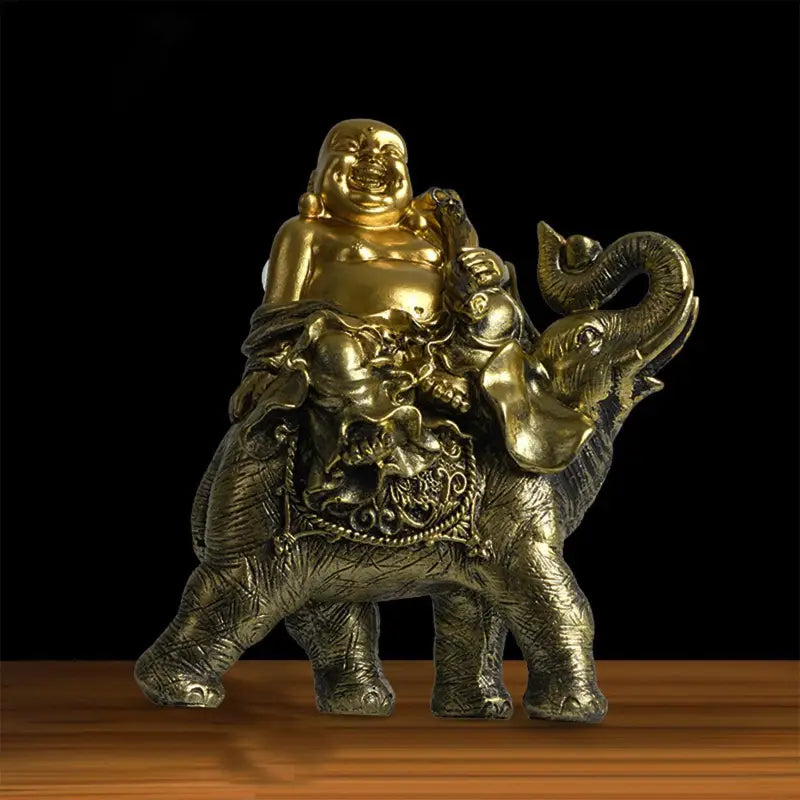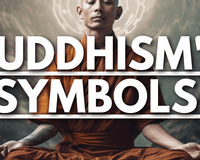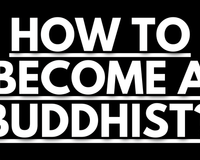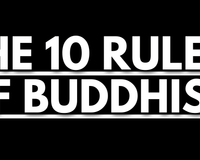The 10 Rules of Buddhism
The rules of Buddhism allow a person to respect themselves and others, improve themselves, find inner peace, and distinguish between right and wrong. They are a way of life, not a cult. Several pieces of advice and spiritual guidance stem from these Buddhist rules. They are intended to enhance a person's behavior and attitudes in daily life.
Having Courage in Life to Achieve Goals
We know that life can be very challenging. Some dead ends and failures can make people want to give up. However, to avoid regret, one should never give up. It's important to note that regret leads to suffering. Therefore, to avoid suffering throughout life, it is advisable to always have courage. The key is to learn from past mistakes and not repeat them in order to succeed in everything one undertakes. Furthermore, having courage also allows for personal growth and happiness.
Moreover, having goals is essential to succeed in life. It is with a fearless spirit that one can achieve them. Ideally, write down small goals every month; it's much simpler than thinking of big ones.
Not Comparing Oneself to Others

Another rule of Buddhism is to have your own identity, culture, and even beliefs. It is essential to avoid following and envying others. By doing so, you can be sure of not having peace of mind. Moreover, it puts you in a negative state while betraying yourself. What you can do is draw inspiration from the results of others to motivate yourself to move forward. However, it is advisable to look back a bit to avoid making the same mistakes.
To progress better in life, you should have your own values, convictions, and, above all, always maintain your honor. Honor is the most precious quality that every person should have. It inspires respect and consideration from others. By always upholding honor, you can easily possess values that make you unique.
Comparing oneself to others is considered a negative attitude according to the rules of Buddhism. This leads to competition and rivalry. Such behavior is discouraged in the Buddhist faith. Buddhists believe that each person possesses their own unique qualities, strengths and weaknesses, and intellectual capacities. Comparing them is not exhaustive and doesn't make much sense.
However, the success of others can serve as inspiration for oneself. One can draw lessons from the positive results of others' actions. It's a way to succeed in one's own projects. Therefore, one can be inspired by the good deeds of others, but one should not compare. The act of comparing can disrupt inner peace. Humans tend to be jealous of others' success instead of taking notes.
Choosing Friends Wisely

In the rules of Buddhism, it is imperative to choose one's friends wisely. This is an excellent way to progress. It should be noted that there are friends who are not good influences and can lead to reckless behavior. Having a bad friend can harm the mind, as it can lead to using mind-altering substances like alcohol, drugs, tobacco, and many others. The choice of friends largely depends on the places one frequents. In private clubs, libraries, or cultural venues, one can find respectable people to be good friends. These individuals are more likely to provide better advice for achieving goals compared to bad friends who lead to failures.
The choice of a partner or spouse is also included in this rule of Buddhism. It is important to choose partners not based on their external beauty but on their inner beauty. External beauty is only temporary and superficial. If a person wants to follow a Buddhist way of life, they must carefully select their intimate relationships based on moral values.
Avoiding Selfishness

One of the rules that Buddhist monks must also follow is to think of others. Indeed, one should not think only of oneself in life. Selfishness can hurt loved ones or those around us. If a person is selfish all the time, they may end up losing friends or even love. To avoid losing relationships, one should always perform acts of service for others without expecting anything in return. Showing generosity without a specific reason can bring real happiness. There are numerous opportunities to provide help. For some people, simply listening to others with genuine interest can already be a great help. Furthermore, other ways to avoid selfishness include learning to share, letting others take the spotlight, and being genuinely happy for them when they succeed. Jealousy should have no place in Buddhist religion.
Putting oneself in another person's shoes can change one's life. While one cannot truly be in another person's mind or body, one can try to understand them by empathizing and imagining their perspective. It is essential to make an effort to think about those around us, identify their problems, and help when possible. The more empathy and curiosity one shows towards the experiences of others, the more one will focus on helping and giving without expecting anything in return. This is the best way to avoid selfishness.
Having Self-Confidence

It is essential to have self-confidence in life according to the prescribed rules of Buddhism. This quality can help in relationships with others and in making important decisions. However, self-confidence is acquired, not innate. To achieve it, one must get to know themselves well, assert their personality, and accept compliments from time to time.
To have self-confidence, a person must accept, without being egocentric, their value and potential compared to others. They must acknowledge that they excel in certain areas and publicly affirm it. It is also important to showcase one's talents and specialties without hesitation or shyness so that others are aware of one's achievements, skills, and potential. Once the trust of others has been gained, self-confidence naturally follows.
Not Placing Too Much Importance on Objects
In the Buddhist religion, objects do not hold much significance. They can influence emotions and one's outlook on life. If one becomes too attached to them, they can end up being controlled and become rigid individuals. This mainly refers to objects that are no longer in use but are still being kept. The same goes for material and monetary values. Buddhist rules are entirely disinterested. Buddhists believe that wealth such as gold, silver, and power leads to vanity and lust. It is the main obstacle to happiness. Buddhist teachings focus more on humility and simplicity. This is the best remedy for seeking happiness. Indeed, dematerializing thoughts and the mind is one of the foundations of Buddhist philosophy.
Read also: Tibetan Buddhism
Taking Care of Each Other
Altruism is also part of the rules of Buddhism. Taking care of each other with empathy and love is one of the fundamental things for creating one's own happiness and that of others. Helping others is a virtue in the practice of Buddhism. This includes charity, almsgiving, and assisting people, whether known or unknown. A person who respects the rules of Buddhism must support those around them in times of need or simply out of kindness. Good deeds are highly encouraged in the Buddhist religion because they are an excellent path to happiness. People are often very happy after performing a good deed. It is this positive energy that leads to self-satisfaction and perfection. Giving makes a person happier than receiving. In this context, Buddhist rules encourage the performance of good deeds towards others, society, friends, and especially family.
Putting a Lot of Effort into Professional Life

Buddhist belief states that nothing comes without effort. It adopts determinism as the philosophy of the religion. This kind of thinking defines that there are no consequences without causes—this is the law of cause and effect. To attain something, one must make efforts and work hard. According to Buddhists, idleness is the shortest path to failure. Only perseverance and diligence are sources of success.
In reality, success does not come by doing nothing. It must be sought and found through personal challenges, determination, and hard work. One must decide to succeed every day. One must be willing to work for what they want and need. If sacrifices are necessary, they should be made, provided they are worthwhile. This is how goals are achieved, and dreams are realized. Perseverance of spirit is, therefore, a moral value in Buddhist practice.
Focusing on the Present Moment
The life rule of Buddhists is simple. They focus more on the present than on the past or the future. They keep their minds in the current moment during meditation. The reason Buddhists concentrate on the present is to remain grounded while being aware of spiritual realities beyond. Focusing on the past can harm spiritual balance. A person who lives in the past is never happy in life. They remain perpetually nostalgic and melancholic, devoid of hope and filled with regret. On the other hand, a person who focuses on the future is often a dreamer.
They tend to be idle and lazy, unaware of the present moment, and waiting for things to come to them. A person who is overly focused on the future is also excessively ambitious and vain. They predict what will happen tomorrow when humans do not have the ability to foresee the future. Buddhists also tend to embrace their failures. They learn from each project that does not succeed and make corrections later on.
Not Fearing Death

The last rule to follow when one is a Buddhist is not to fear death. It should be understood that life ends, and it is a natural reality. Everyone, without exception, can die at any moment. This situation should be kept in mind. It is possible not to dwell on it too much by living life fully, enjoying each day with loved ones and friends. The best ways to overcome this type of fear are through humility, inner peace, and realism.
According to Buddhist belief, death is a part of life. Death is also the beginning of a previous life, leading to rebirth. Buddhist faith believes that after death, the spirit incarnates into other bodies and experiences rebirth. This is the awakening and enlightenment of Buddha during his meditation under the sacred tree. Therefore, one should not fear death if they follow Buddhist rules, as it is not the end but the beginning of a new life.
Other sources: https://www.bouddhiste.net/initiation-au-bouddhisme/vivre-pleinement-les-principes-du-bouddhisme/

